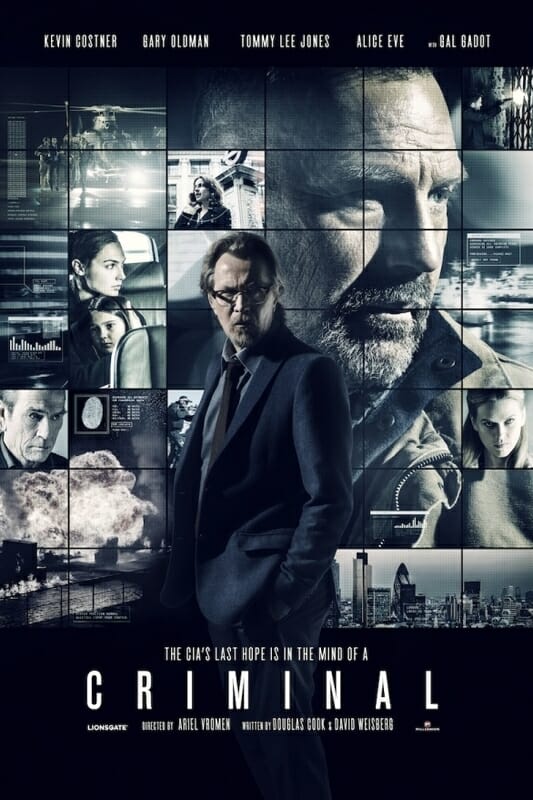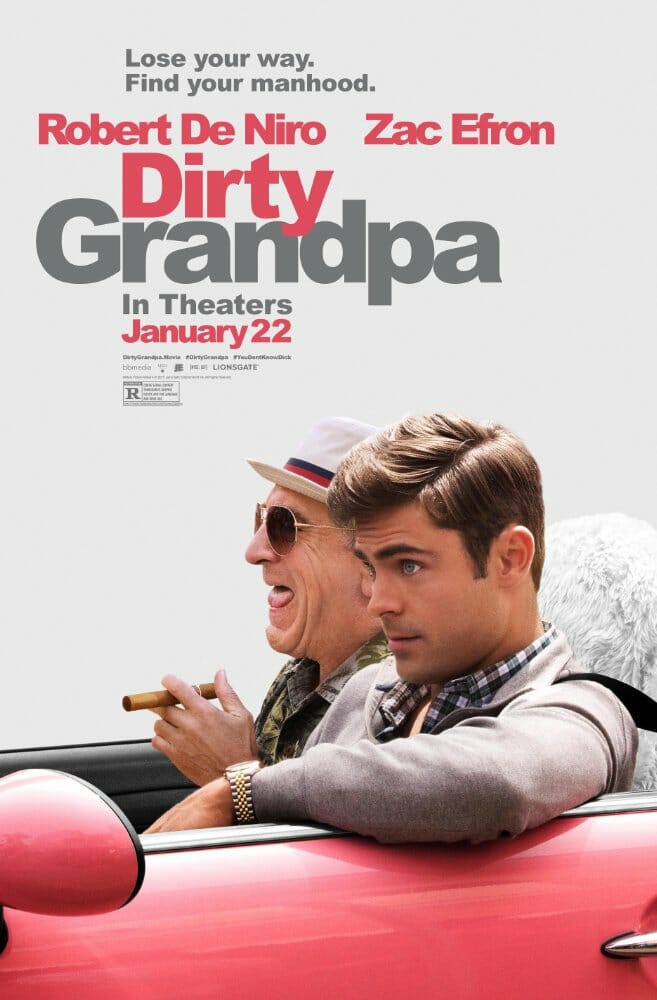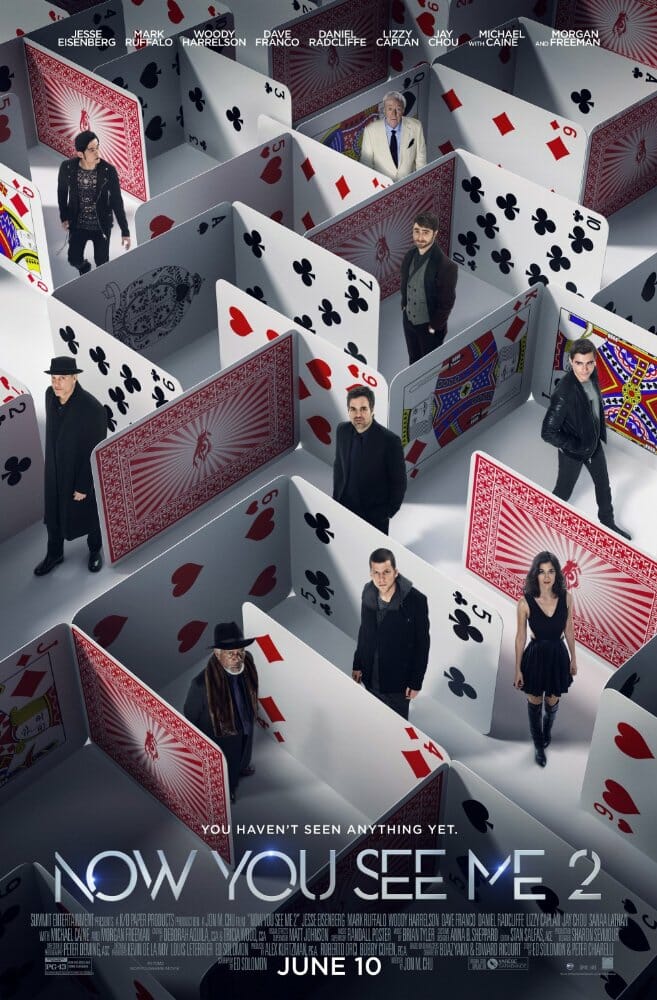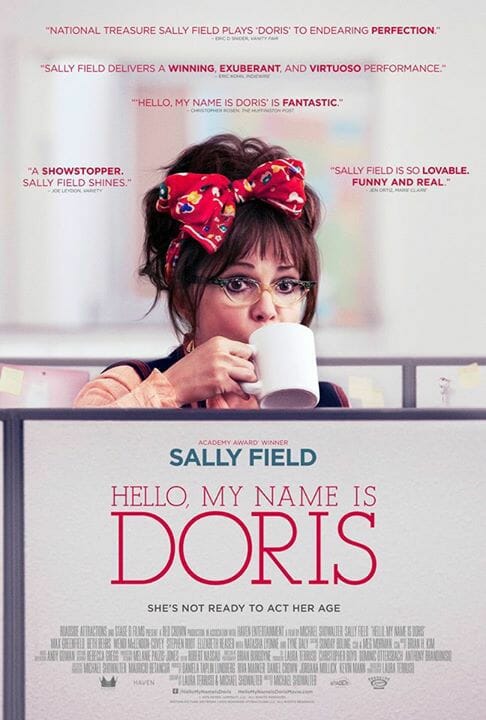The youngest of the film studios that GLAAD tracks, Lionsgate was originally formed in Vancouver in 1997 but has produced some of Hollywood's biggest blockbusters in recent years. Since its inception, the company has grown significantly through acquisitions of other companies, including Summit Entertainment in 2012, which produced the highly profitable Twilight film franchise.
The very first film Lionsgate released was The Pillow Book (1997), in which Ewan McGregor costarred as a bisexual man, and the company has had quite a few other notable LGBTQ-inclusive films since. These include Gods and Monsters (1998), But I'm a Cheerleader (2000), Urbania (2000), Lost and Delirious (2001), All Over the Guy (2001), Happy Endings (2005), Precious (2009), Albert Nobbs (2012), The Perks of Being a Wallflower (2012), American Ultra (2015), and Freeheld (2015).
CRIMINAL
Widest theatrical release: 2,683 theaters
This crime-thriller follows Jerico Stewart, a former death row inmate who is the test subject for a dangerous surgery meant to give him the memories of a dead man. When Jerico arrives in London and steals a car, the audience sees a montage of notable landmarks and people walking the streets, including two men kissing on a bridge, which prompts Jerico to smile and cheer. While it is noteworthy that the film decided to include gay couples as part of the fabric of what makes London great, the brevity of the scene (less than five seconds) remains entirely too common for LGBTQ inclusion.
 DIRTY GRANDPA
DIRTY GRANDPA
Widest theatrical release: 2,912 theaters
Dirty Grandpa is one of the more offensive films released recently by a major studio, with a never-ending arsenal of homophobic jokes about feminine mannerisms or effeminate clothing, butch lesbians, and prison rape. Bradley, a gay black man, is a friend and vacation partner to the young women who ultimately end up dating the titular grandpa and his grandson, Jason. From his first moment on screen, Bradley has no agency or story, and is only present as a punchline for Dick’s racist and anti-gay jokes. While the film attempts to turn Dick’s character around when he later beats up and coerces an apology from a man who was harassing Bradley for his sexuality, it is clear that the writers still find a gay character to be a prop to benefit someone else’s story. Dick makes the man say he was raised in a different time and tell Bradley that if he “had to be gay to prevent a terrorist attack” he would choose to be with Bradley. In a later scene, after spending the entire film being bullied by Dick, Bradley says he now wants to sleep with him. There is an additional running gag throughout the film that Jason is actually a butch lesbian. This is one more joke that makes LGBTQ people into the punchline.
While juvenile comedies are known for playing to the lowest common denominator of “humor” to appeal to a studio’s idea of what its audience will find amusing, filmmakers must learn that appealing to one audience does not mean the project must insult a different audience. This film’s outdated humor would have been better left on the cutting room floor.
 NOW YOU SEE ME 2
NOW YOU SEE ME 2
Widest theatrical release: 3,232 theaters
The second installment in this magical crime fighting franchise sees the Four Horsemen tasked with a new job in London to save their reputation, and expose the wrongdoings of a criminal and his son. Hannes Pike, the son of a South African gangster, is a pawn in the Horsemen’s overall scheme. They hypnotize him and go undercover as his team to get access to a computer chip that is integral to their plot, but are surprised to learn that they misread the group when security questions them. It turns out the female member of Hannes’ team is actually a renowned doctor rather than his love interest as the group assumed. The reveal is played as a joke on the team for their assumption, but is unfortunately then used to further fuel the anti-gay jokes that Merrit makes towards Atlas (the group member who poses as Hanne’s “boy toy,” Buffy) throughout the film.
Roadside Attractions, founded in 2003 by Howard Cohen and Eric d'Arbeloff, specializes largely in independent films. In 2007, Lionsgate bought a portion of the company. Notable LGBTQ-inclusive films previously released by the studio include I Love You Phillip Morris (2010), Albert Nobbs (2012), Dear White People, and The Skeleton Twins (2014).
 HELLO, MY NAME IS DORIS
HELLO, MY NAME IS DORIS
Widest theatrical release: 979 theaters
This comedy follows Doris, an office worker in her mid-60s whose mother just passed away, as she drastically changes her life and romantically pursues a much younger coworker. Another coworker at Doris’ office is Nasir, an openly gay man. Though Nasir is not a very significant character in the film, he often serves as the voice of the collective of coworkers in their office. Most of the time, he acts as the face of normalcy compared to Doris' wild fantasy life and eccentricities. Later in the film, the audience meets Nasir’s date, Keith, at a holiday dinner. The film also makes several one-off jokes about the community in service of portraying how many queer people a hipster in Brooklyn might know, including a coworker who is a member of an LGBTQ knitting group and someone who says she is a teacher at a “gay preschool in Park Slope.” This kind of casual inclusion – LGBTQ characters clearly established as such in the material, but whose story does not revolve solely around their identity – is something we would like to see more of going forward.


 DIRTY GRANDPA
DIRTY GRANDPA NOW YOU SEE ME 2
NOW YOU SEE ME 2 HELLO, MY NAME IS DORIS
HELLO, MY NAME IS DORIS










